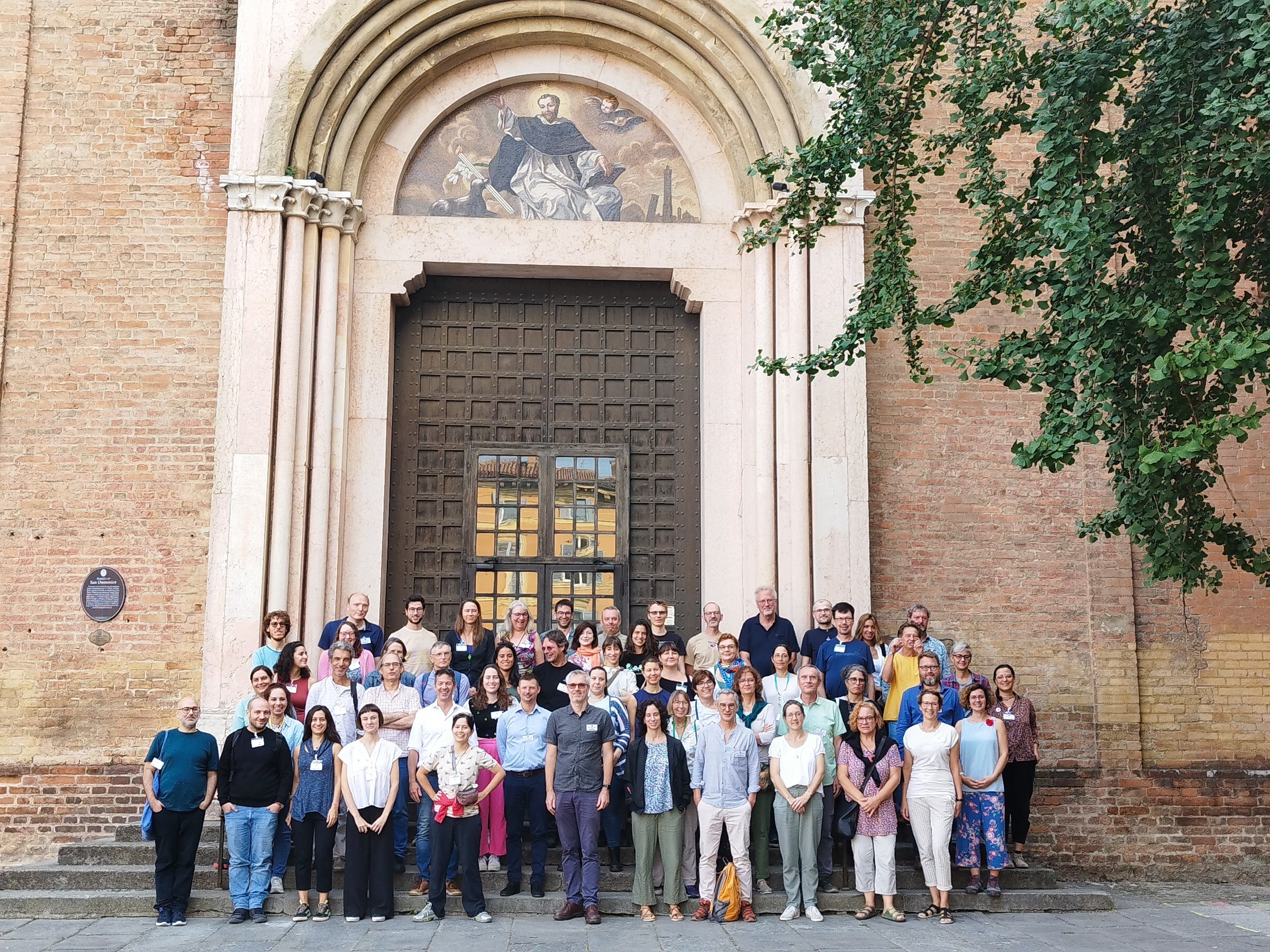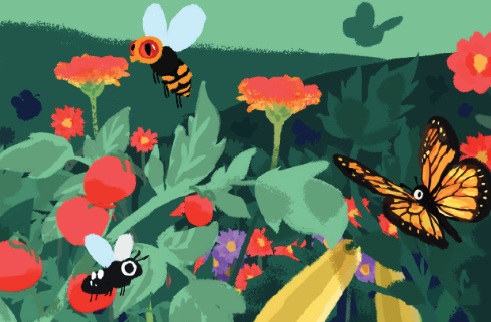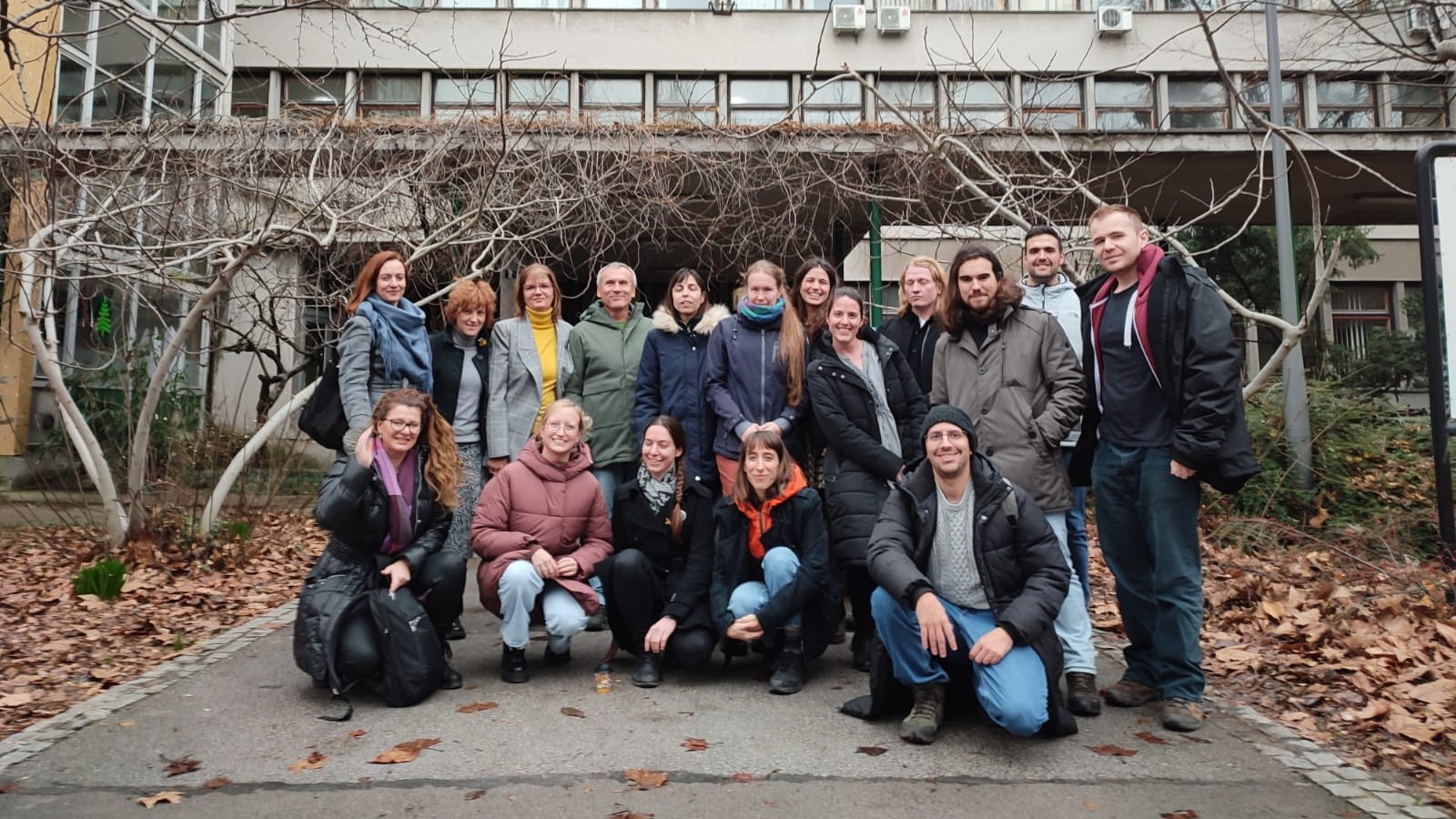About the project
Cro Buzz Klima is a project that investigates wild pollinators of Croatia within the context of adaptation to climate change. The project entails fieldwork to be carried out in five localities across the country in order to collect first standardized data on wild bees and hoverflies of Croatia. In doing so, we will test monitoring methodologies and analyse how climate and other environmental factors influence wild pollinator communities. The results of this project will provide the groundwork needed for effective pollinator conservation planning, through identifying measures for improving their status and increasing their climate resilience.
Buzz
Globally, the most important pollinators are insects. In our climate, we consider two groups to be the most important: the bees (the Anthophila group) and the hoverflies (family Syrphidae). Other insects also contribute to pollination, especially butterflies, beetles, and other flies (not just hoverflies). The most important pollinators of cocoa, the main ingredient of chocolate, are tiny flies (2-3 mm) from the family Ceratopogonidae.
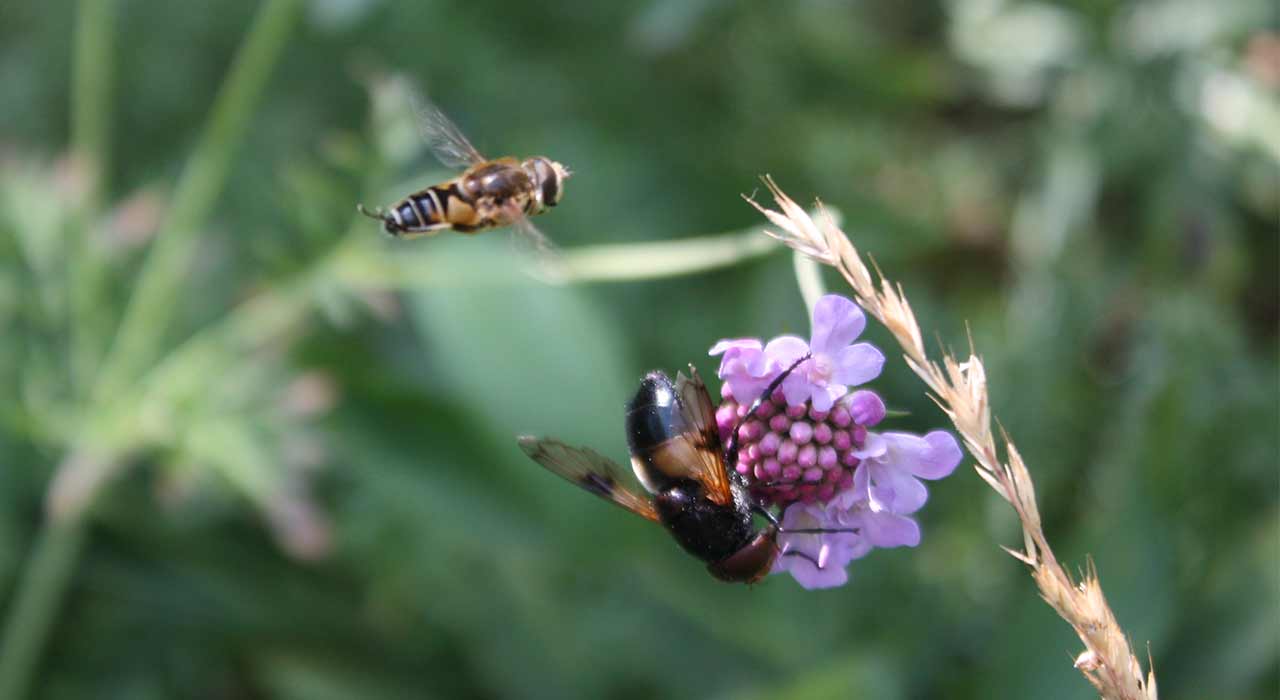
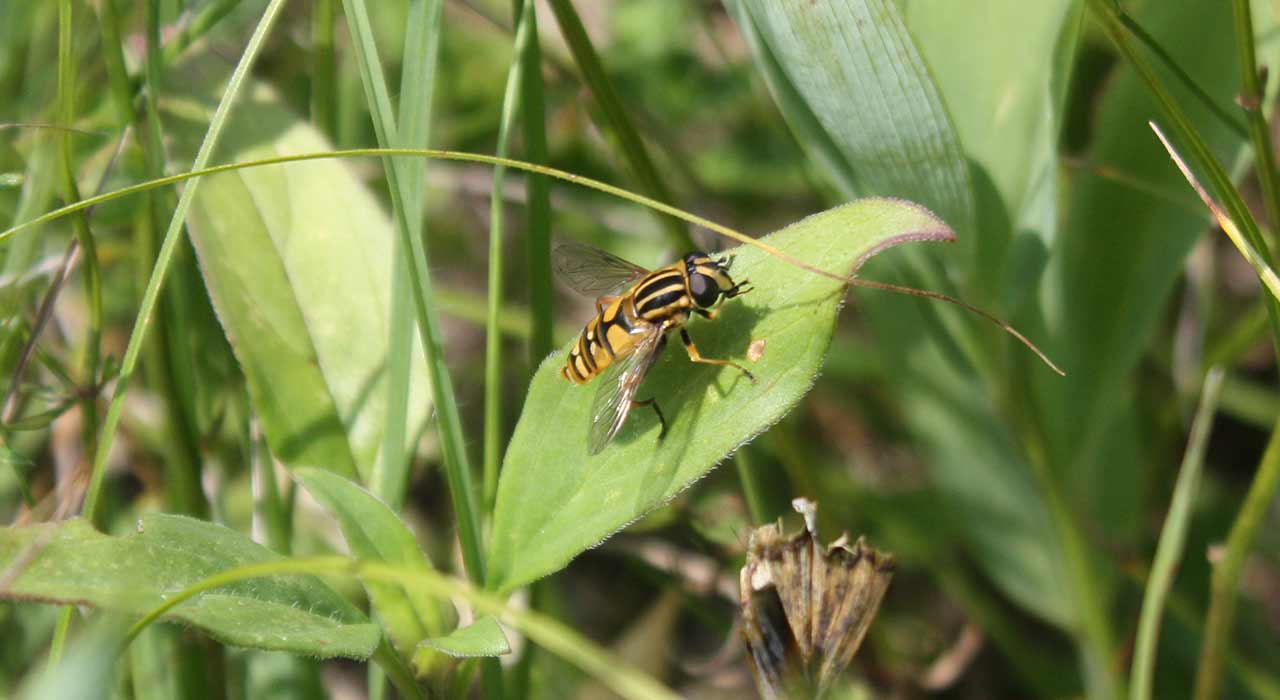
Klima
How does climate change affect pollinators? Due to climate change, pollinators and flowering plants experience shifts in their range, activity period and phenology, leading to spatial or temporal mismatches. In addition, climate change can affect species directly, especially those less tolerant of thermal stress. This especially affects bees from the genus Bombus, bumblebees.
News
Find out the news about the Cro Buzz Klima project
SPRING final meeting
Last week we were in Bologna, attending the final meeting of the SPRING project partners. The main goals of this...
Policy buzz
This week European Commission announced the new EU Pollinator Initiative, the updated and strengthened version of...
Hoverfly taxonomy course
We spent the last week in Novi Sad, attending the advanced hoverfly identification course, organized within the...
Wild pollinators of Croatia
Bees
Wild Bees, clade Anthophila, are the most important pollinators globally. They depend exclusively on floral resources – pollen and nectar, and sometimes on floral oils – in all of their life stages, from larva to adult bee.
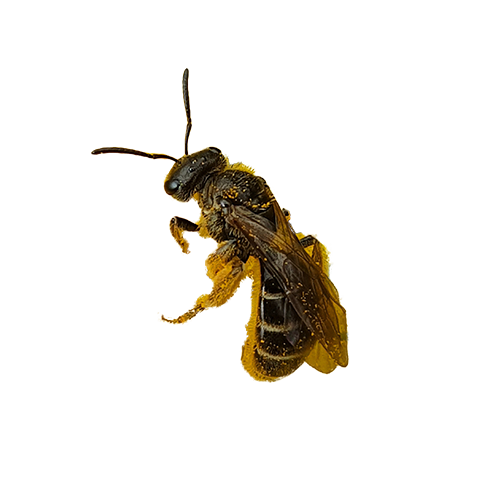
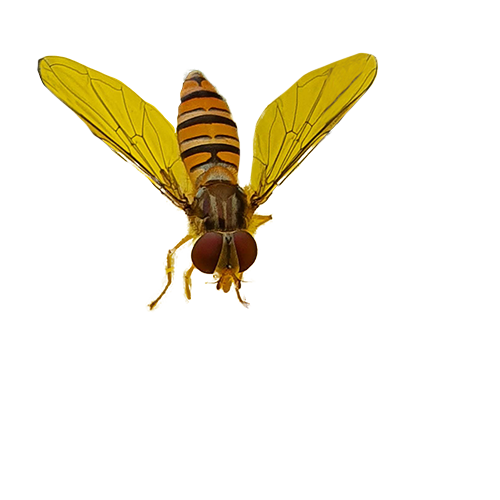
Hoverflies
Due to their abundance, and due to the dependence of adult individuals on nectar and pollen, hoverflies are the second most important group of pollinators in the temperate zone, after bees.
Pollinator politics
Because pollinator decline can have serious consequences for food safety and the stability of terrestrial ecosystems, pollinators have started to feature in policies, strategic documents, and reports at international, European, and national levels.

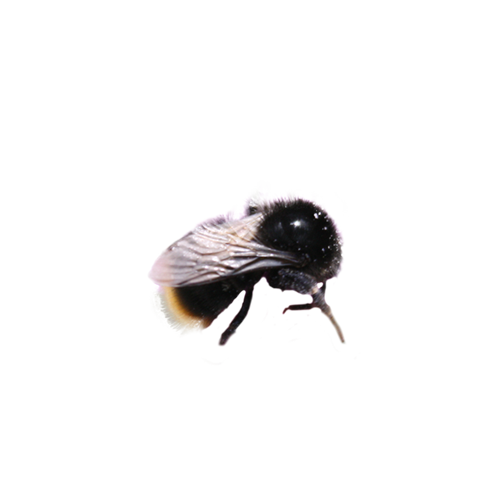
Bumblebees and climate
Bumblebees are the best-researched group of bees in Europe. Unfortunately, they are also the most endangered – 45 % of European bumblebee species have a declining population trend. Bumblebees are particularly vulnerable to climate change, as they have low tolerance to heat stress.
.
